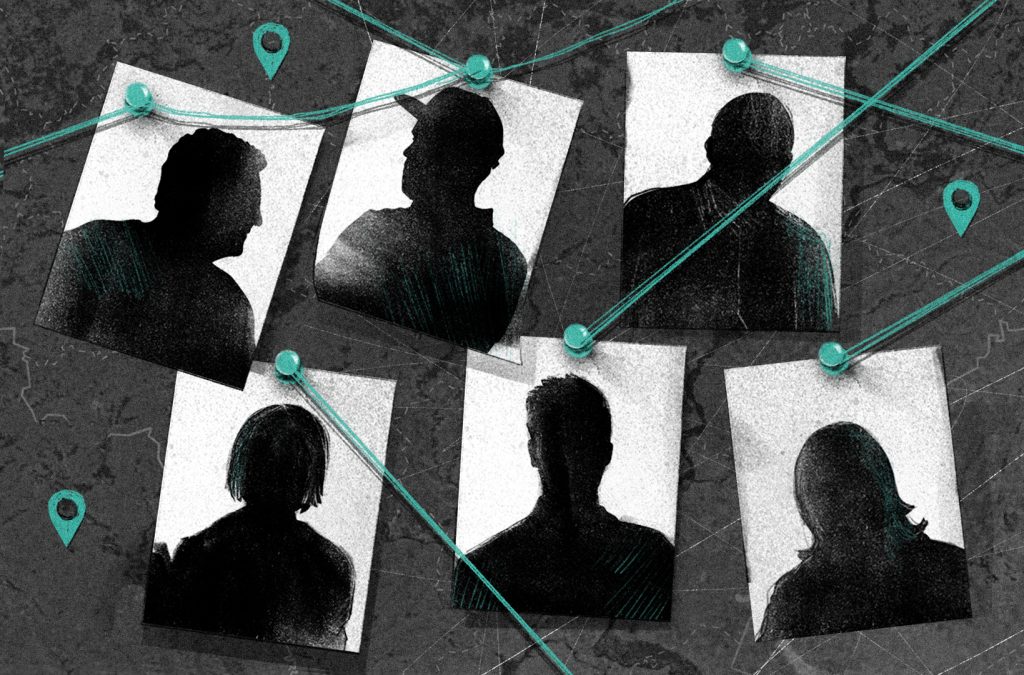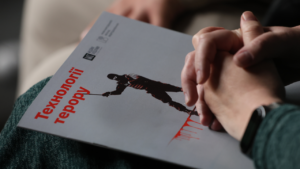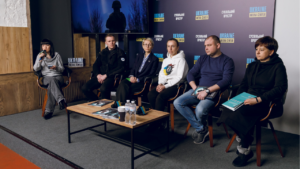A decades-long problem. Why is it difficult to search for missing persons in the context of the war in Ukraine?

Since 2014, an international armed conflict started by the Russian Federation has been ongoing in Ukraine, resulting in thousands of Ukrainian citizens going missing. The exact number of people who went missing during the war is unknown, but as of 2020, the ICRC has received 1,835 applications for family tracing in connection with the armed conflict in Ukraine.
Since the beginning of the full-scale invasion of Russia the number of missing persons has been steadily increasing. As of April 12, 2024, the register of missing persons under special circumstances, which operates under the Ministry of Internal Affairs of Ukraine, has more than 36 thousand records of people who went missing during the war. Tens of thousands of families know nothing about the fate of their loved ones. They are neither among the living nor among the dead. Relatives of missing persons risk living in this complete uncertainty for the rest of their lives.
Searching for and identifying missing persons is one of the most difficult and, simultaneously, the most necessary procedures in a time of war. The case of Ukraine is unique, as this process takes place during an armed conflict, not after it ends. This is since the war lasts for a long time, it is difficult to predict when it will end, and the chances of successful search and identification of missing persons decrease significantly with time.
This policy brief defines the concept of “missing persons”, describes how the rights of this category of persons and their relatives are regulated, identifies the problems of accounting and searching for missing persons in special circumstances, and offers recommendations for im- proving the situation with the protection of the rights of missing persons and their relatives.
Read the analytical note below.
The text of the brief is also available here.







